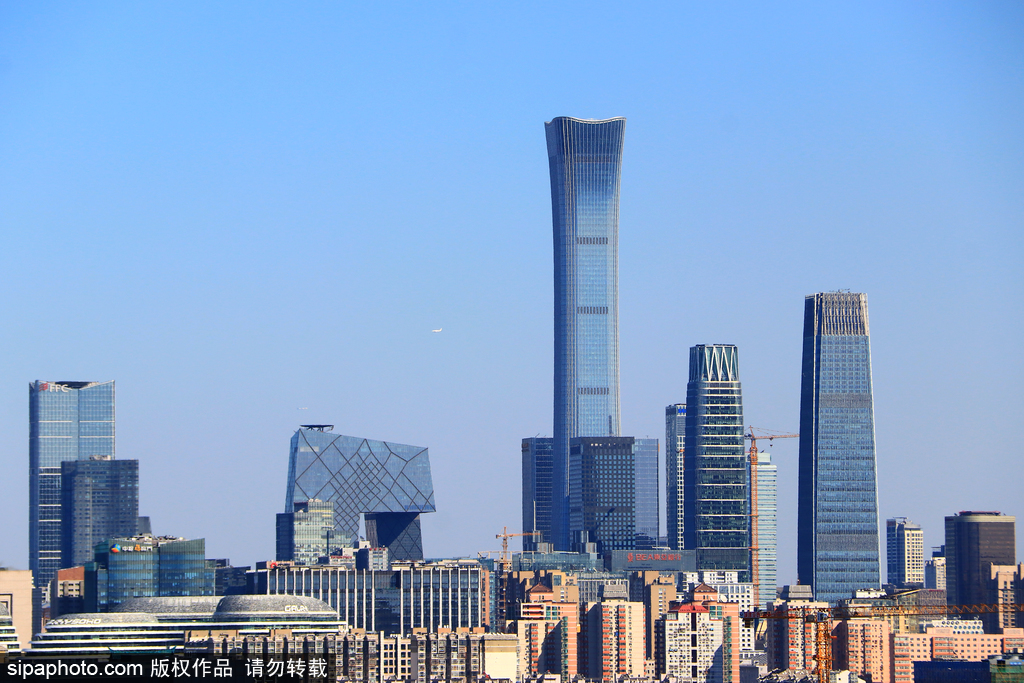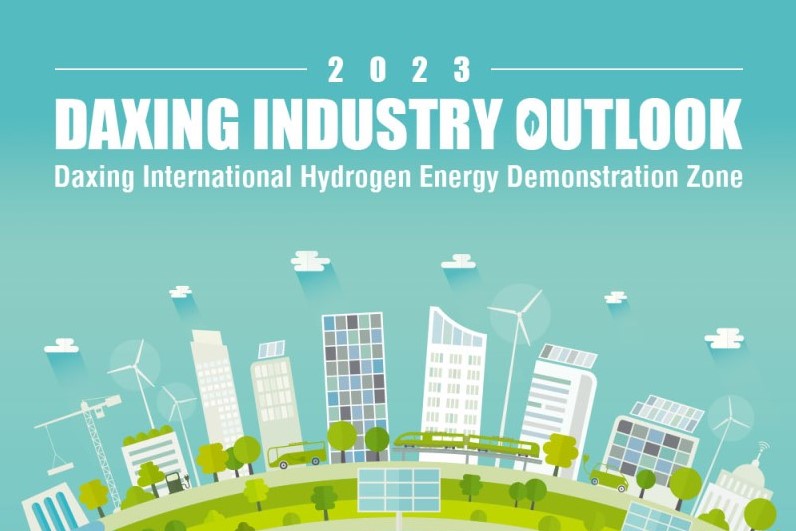Beijing economy resilient amid woes

A photo shows the view of CBD area in downtown Beijing. [Photo/Sipa]
Beijing reported a 0.7 percent year-on-year GDP increase in the first six months, reflecting a "mild economic warm-up" despite the COVID-19 impact in May, said a senior official of the local government earlier this week.
Data from the Beijing municipal bureau of statistics showed the city's GDP came in at 1.94 trillion yuan ($287.1 billion) in the first half.
The industrial added value dropped 15.3 percent on a yearly basis in the first six months, largely due to the COVID-19 resurgence starting from late April to early June, and a strong base supported by the fast-growing vaccine production output in the same period last year.
"Excluding the factor of vaccine output, Beijing's industrial added value grew 1 percent year-on-year during the first half," said Zhu Yannan, spokeswoman for the municipal statistics bureau.
Beijing's GDP reported a year-on-year increase of 4.8 percent to 941.34 billion yuan in the first quarter and a 2.9 percent drop to 993.88 billion yuan in the second quarter.
"Beijing's economic structure is focused on the services industry and driven mainly by consumption, on which the COVID-19's impact is strong and obvious," said Zhu. "However, it is still a short-term impact. The long-term development prospects of the capital city will not change."
Recently, Beijing rolled out a package of measures in an effort to boost consumption recovery, such as issuances of restaurant coupons worth 100 million yuan and along with 30 million yuan worth of coupons for accommodations in suburban areas of the capital from July to late September.
Emerging industries, such as the digital economy and high-tech research and development, played a significant role in Beijing's economy in the first half.
The digital economy achieved an added value of 838.13 billion yuan, an increase of 4.1 percent year-on-year at current prices, accounting for 43.3 percent of the city's GDP.
Earlier this year, Beijing Mayor Chen Jining said the capital will promote and develop industrial clusters for cutting-edge technologies such as blockchain, artificial intelligence and extended reality to further boost the digital economy.
Beijing's fixed asset investment rose 5.5 percent year-on-year in the first half, mainly driven by a big number of projects that have already been planned in the capital and certain large-scale events such as the 2022 Winter Olympic Games.
The investment in the high-tech industry kept a rapid growth with a year-on-year increase of 78.1 percent in the capital during the period, driven by projects in sectors including integrated circuits, medicine and healthcare.

